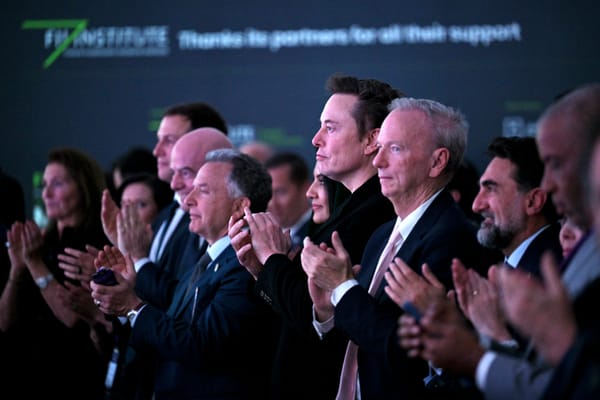Most of President Donald Trump’s detractors agree today, as they did during his first term, that he is “radical.” His post-inauguration barrage of executive orders and mass firings of government employees seemed to support this description. But other observers have noted that Trump is in many ways a moderate. This is true. But Trump’s moderation isn’t entirely praiseworthy. The truth is that if he is going to realize the popular aims that propelled him to victory, Trump must be far more radical.
“Some people profit during times of rising costs, while others suffer.”
Trump’s approach, to be clear, is not procedurally moderate: He is happy to flout precedents and norms and test the limits of the law. Instead, what hampers him is his respect for the prerogatives of elite capitalists. I don’t mean traditional Republican reverence for the “free market,” which Trump is perfectly willing to bend and distort—just not in ways that risk upsetting the asset-rich class to which he belongs. However, that is exactly what many of his most fervent supporters voted for, even if they wouldn’t describe their aims in these terms. This is because goals like lowering the cost of living and making Americans healthier cannot be achieved without interventions that will harm the short-term interests of large owners of capital.
For all the hubbub surrounding executive orders and DOGE, Trump’s actual policies when it comes to key campaign promises—from lowering the cost of living to combating chronic disease—are far too close to the old GOP playbook to give the MAGA base what it wants and needs from his presidency. Fighting inflation by deregulating and cutting spending is nothing new, it was the theoretical centerpiece of Reaganomics and has been touted by every mainstream conservative since. On the health front, Trump issued an executive order creating a Make America Healthy Again Commission, tasked with making such radical interventions as “identify[ing] and report[ing] on best practices for preventing childhood health issues, including through proper nutrition and the promotion of healthy lifestyles.” Michelle Obama would be proud.
On lowering costs, the framing of average people’s economic struggles as a result of “inflation” already ensures the continuation of the status quo. The unaffordability of goods like housing and food results from an imbalance between the wages workers earn and the prices they are charged for goods. Wages and prices are influenced by the agency of corporate leadership in an economy with far-from-perfect competition. Inflation has not reduced the profitability of major corporations or required CEOs to cut back on their salaries. Some people profit during times of rising costs, while others suffer.
